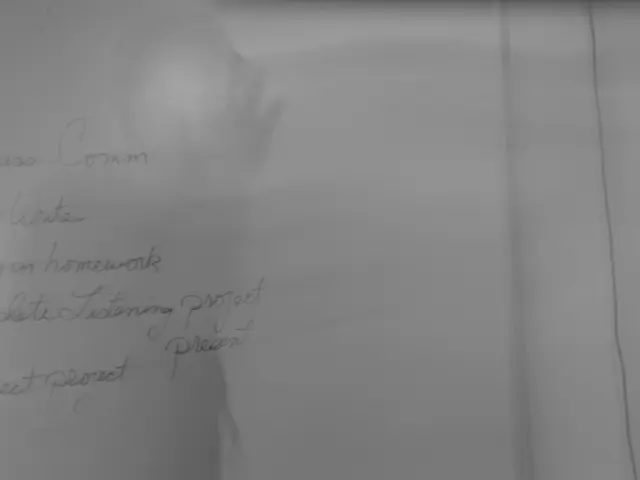"The disunity within the alliance is problematic"
The German Coalition Government, led by Chancellor Friedrich Merz, has faced various challenges during its first 100 days in office, with internal disputes and policy disagreements taking centre stage.
One of the significant issues has been the tense relationship between the coalition partners, CDU/CSU and SPD, particularly over the handling of the electricity tax and the failed appointment of an SPD judge to the Federal Constitutional Court. These incidents have eroded trust and coalition discipline, causing concerns about the government's performance.
Another challenge lies in the complexities of energy and climate policy, an area that has been complicated further by the previous government's collapse. The new government's inability to meet expectations for swift, decisive action has led to a perception of political gaffes and poor communication.
Economic policy conflicts have also been a source of contention, stemming from the previous coalition's collapse in late 2024. The government has, however, taken steps to address these issues by implementing investment initiatives and tax cuts for companies.
The early election in February 2025 was a result of the prior coalition's stresses, with the CDU/CSU becoming the largest group but still facing challenges from rising right-wing opposition. This increased political competition has added to the government's challenges.
The government's performance in its first 100 days has been marked by a struggle to deliver on key campaign promises, particularly in economic recovery, energy pricing, and climate action. This, coupled with poll ratings under pressure, indicates public skepticism about the coalition's cohesiveness and effectiveness.
The government also faces looming budget deficits, state elections in 2026, and the difficult task of balancing austerity with reform pressure amid internal strains and external political challenges.
In addition, the Chancellor's decision to restrict arms deliveries to Israel has been met with criticism, with some accusing it of being politically motivated to gain popularity among the population. The decision, however, demonstrates Germany's continued support for Israel, but with limits in response to certain actions of the Israeli government.
The migration conflict at the end of January in the Bundestag cost Merz's coalition between three and five percentage points due to his unreasonable behavior. The Union is currently behind the AfD in popularity, according to the RTL/ntv-Trendbarometer.
The failed appointment of the constitutional judge has not helped in building trust, and there are indications of political entrepreneurs at work within the Union fraction, which may limit the operational capability of the fraction. The learning from the failed appointment process should involve investing more effort to facilitate a common understanding of situations.
The government's record gives cause for hope in the economy, employment, and society's fundamental orientation. However, it is crucial for the coalition to focus on conflict points in the socio-economic sphere rather than socio-cultural conflicts to build trust, strengthen unity, and deliver on its promises.
- The community policy of the German Coalition Government, particularly the handling of internal disputes and policy disagreements, has been a major challenge, contributing to a tense relationship between coalition partners.
- The complexities of employment policy have also been a significant issue, with the government's inability to meet expectations for decisive action leading to a perception of political gaffes and poor communication.





